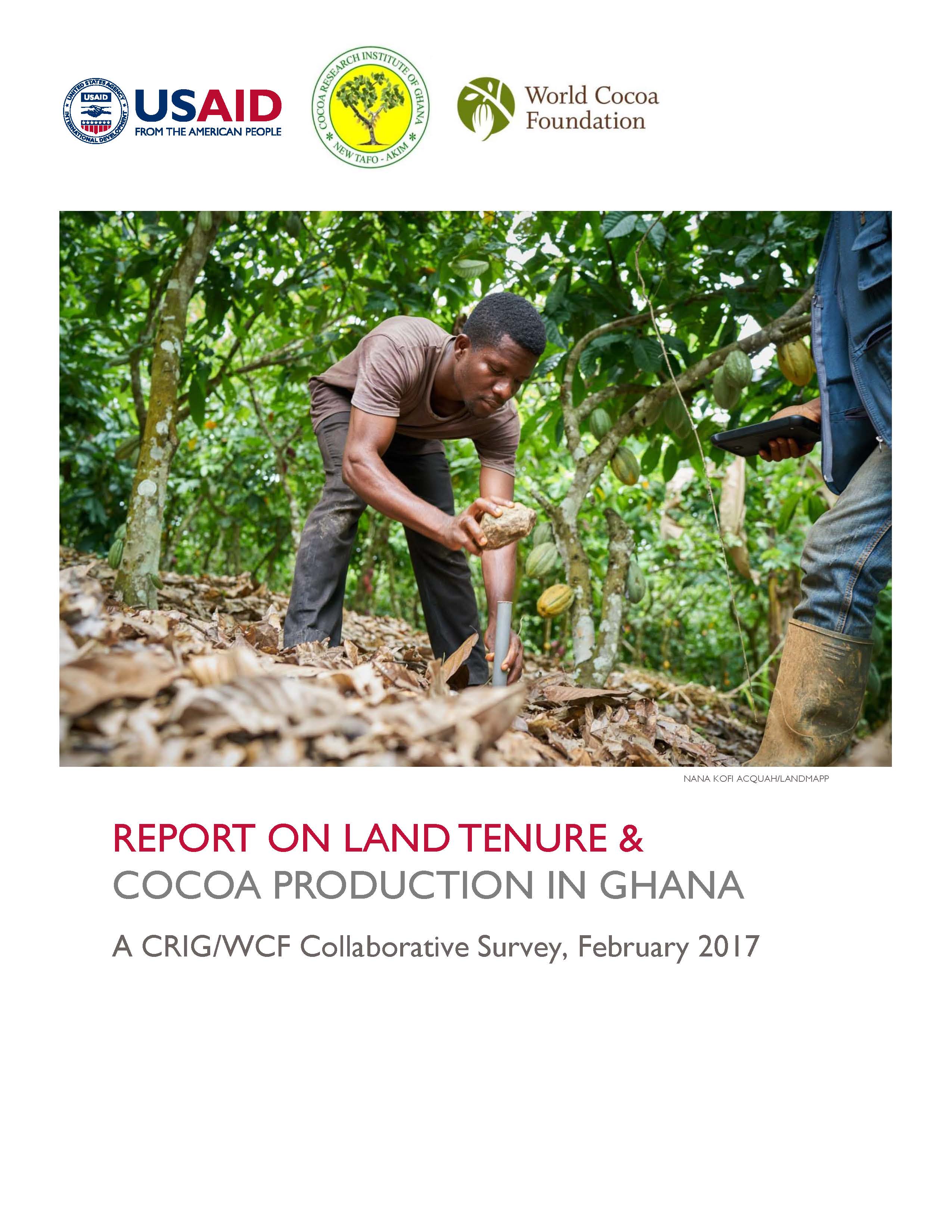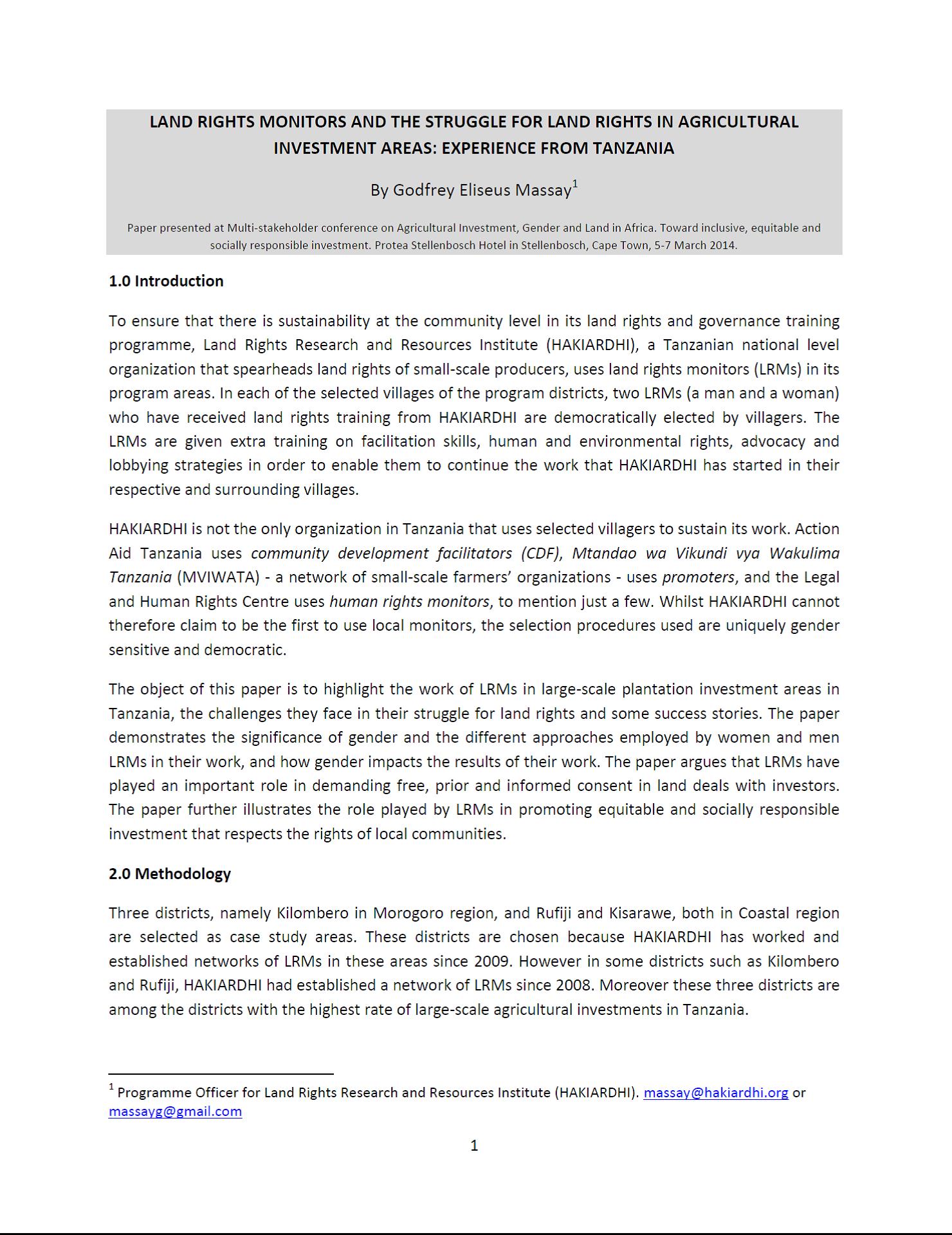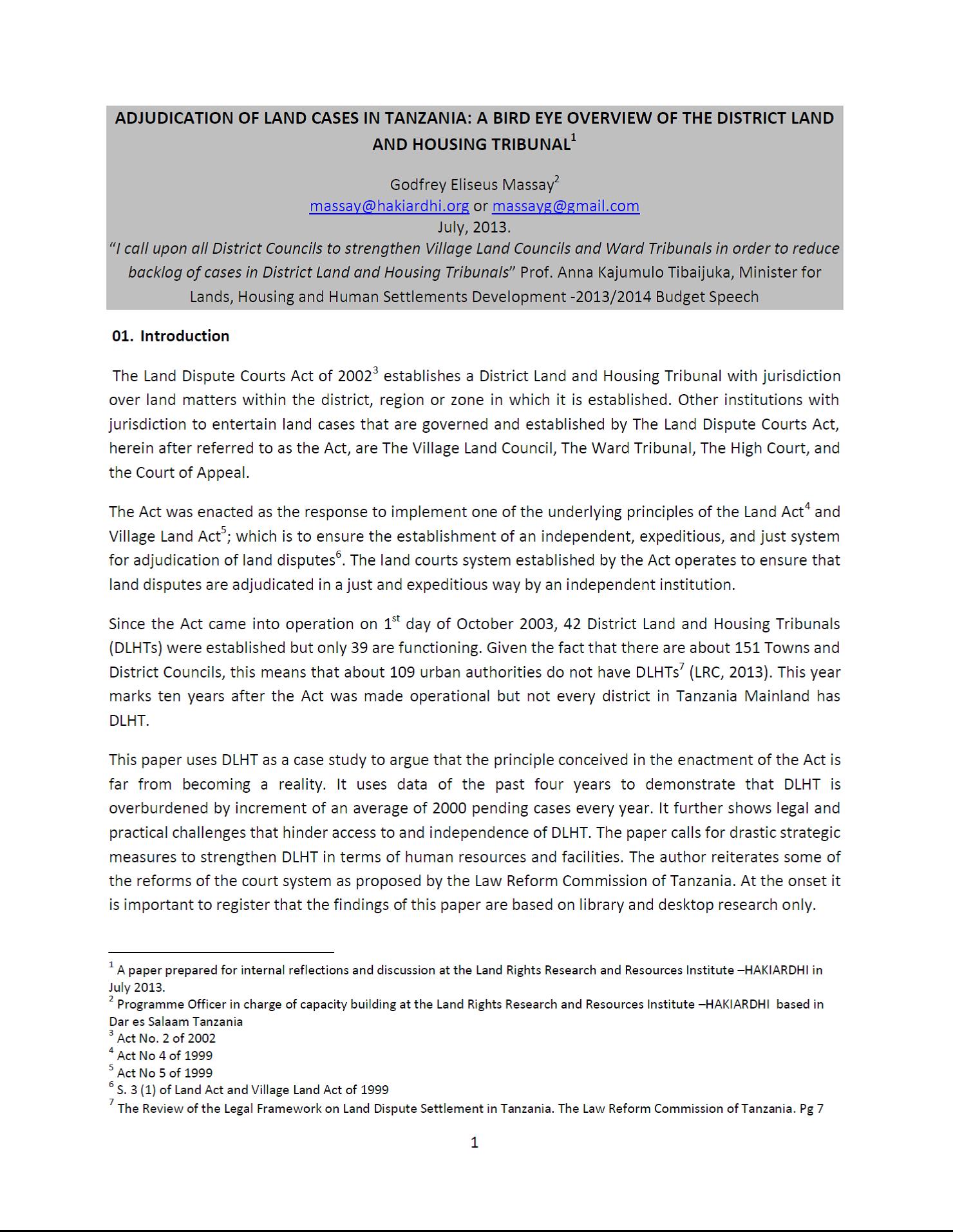Land governance and its influence on access to urban land
This case study is based on research undertaken into the experiences of a poor community in accessing land through formal channels in peri-urban South Africa. The research was conducted by a team of researchers pulled together by the World Bank. The work was the result of a request by Mogale City Municipality for technical assistance on the design and implementation of integrated housing and agriculture projects. The document presents the story of Ethembalethu.












